Even in the short week which we have been on the road in Germany again, we have met various organs which have been so diverse they almost seem totally different instruments - which they are, I suppose.
Trying to shake off jetlag, Martin and I called in to watch an organ open day in the Wiesbaden Kurhaus. It was a chance for all comers to drop in and play, so we happily sat in as audience for a change. The Friedrich von Thiersch-Saal is gorgeous, and the instrument itself, a Steinmeyer from 1954, comes with a bright red detached console.
| The Saturday morning 11.30 half-hour concert is a famous regular feature of Wiesbaden life, and large audiences of 300+ are guaranteed. Prospective punters first swarm into the nearby marktplatz for the Saturday market, then totter in to the church for the organ half-hour. International organist Hans-Uwe Hielscher has masterminded this series for longer than any of us can remember, and both he and the organ, (originally a Walcker from 1863, then added to by Sauer, then Oberlinger, and now with Rodgers digital enhancements), are old friends. And talking of old friends, we were bowled over to be greeted by a couple from Christchurch who had been plotting to surprise us at this concert; and surprise it was. Certainly wonderful to meet up with familiar faces along the way. |
Discovering little hidden charms between concerts is part of the fun, and Bretten was one such town, where we stayed en route to Bavaria (and snared a nice little warning from the authorities about parking - ouch). Half-timbered houses line the streets, and the town has an enchanting legend about a little dog (the Bretten Hundle) which was fattened on scraps when the town was under siege, then sent out to convince the enemy that the township still had plenty of food. Courageous dog, although I don't think it had much choice in the matter.
Then a welcome return to Muhlacker for the 5th time; such a welcome and a warm audience. It really does make a difference, so think about this when you are next listening to a live concert. It isn't like watching TV; the performer can hear (and sometimes see) you, and knows when you are paying attention and they know when you are getting restless, and they know when you are having a good time. That is the biggest buzz - when an audience leaves with smiles, chats, and even better, they want to know when you can come back again. To some, the word entertainment is an embarrassment, but we love the idea that people have enjoyed their time with Martin's music. To us, this is what it's all about, and if the audience have spent time and money to get to a concert, then we have a responsibility to make sure they are well rewarded. Seems they were. Thanks for having us back, and see you again in a couple of years, Muhlacker.

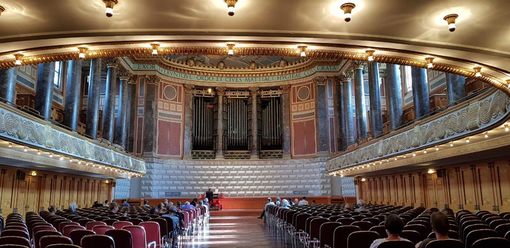
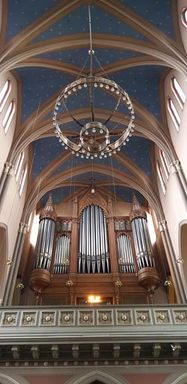
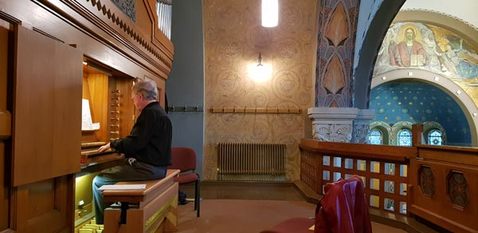
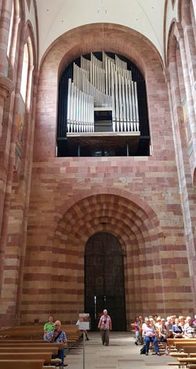
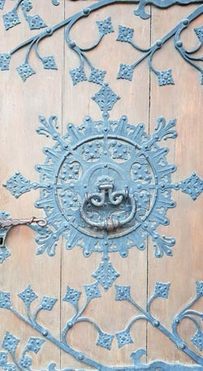
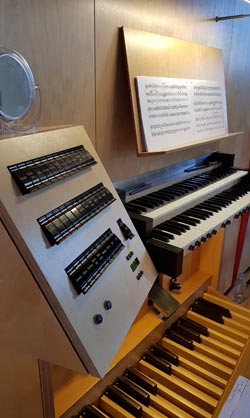
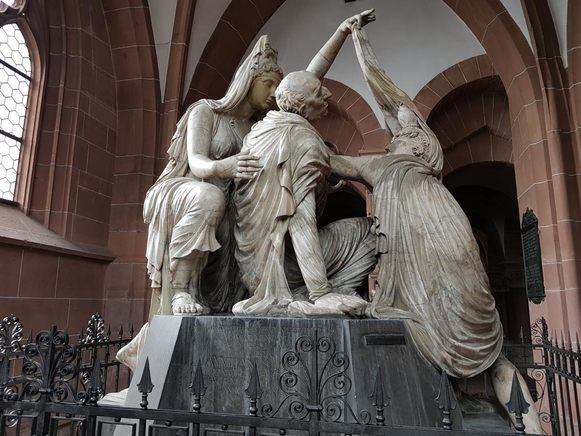
 RSS Feed
RSS Feed
